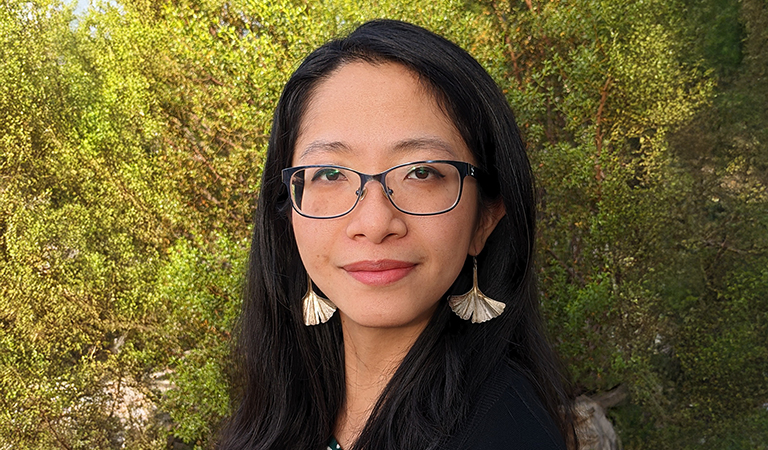NBA Moneyline Payout Explained: How to Calculate Your Winnings Easily
2025-10-11 10:00
As someone who has spent years analyzing both sports betting markets and gaming industry trends, I've noticed an interesting parallel between understanding NBA moneyline payouts and evaluating Destiny 2 expansions. When The Edge of Fate dropped earlier this year, I found myself calculating not just my gaming satisfaction but also my potential winnings from the NBA playoffs running concurrently. Let me walk you through how moneyline payouts work, drawing from my experience in both worlds.
The fundamental concept of NBA moneyline betting is beautifully simple - you're just picking which team will win straight up, no point spreads involved. But the payout calculations can trip up even seasoned bettors. I remember during last year's playoffs, I placed a $100 bet on the Denver Nuggets when they were listed at -150 odds against the Lakers. Many beginners see the minus sign and get confused, but here's how it works: negative odds like -150 mean you need to bet $150 to win $100. So my $100 wager actually netted me $66.67 in profit when the Nuggets covered. The calculation is straightforward - you divide your stake by the odds (after removing the minus sign) and multiply by 100. So $100 / 150 × 100 = $66.67. Your total return including your original stake would be $166.67.
Now when we look at underdogs with positive odds, the calculation flips. Say you bet on the Miami Heat at +200 against the Celtics. That plus sign indicates how much profit you'd make on a $100 bet. So a $100 wager at +200 odds would return $300 total - your original $100 plus $200 in profit. This is where many casual bettors make mistakes - they don't realize that positive odds already include the profit calculation. I've seen friends get confused thinking they need to do additional math, but it's right there in the number. During the 2023 finals, I placed several smaller bets on underdogs using this exact calculation method, and while not all hit, the ones that did paid for my entire betting budget for the following month.
This brings me to the Destiny 2 comparison I mentioned earlier. Much like how The Edge of Fate expansion exists in the shadow of The Final Shape, underdog teams often operate in the shadow of their favored opponents. The psychology here fascinates me - just as Destiny players expected The Edge of Fate to live up to its phenomenal predecessor, bettors often overvalue favorites because of recent performance or name recognition. I've learned to be more analytical about these situations. When evaluating an NBA moneyline, I consider factors beyond just the odds - recent team form, injuries, back-to-back games, and historical matchups. Similarly, when assessing a game expansion, I look at developer track records, content quality, and player feedback rather than just the hype.
The actual math behind sportsbook odds involves implied probability, which is crucial to understand if you want to be successful long-term. When you see odds of -150, that translates to an implied probability of 60% (calculated as 150/(150+100)). For +200 odds, it's 33.3% (100/(200+100)). The sportsbook builds in their margin, typically around 4-5%, which is why you'll notice the probabilities for both sides of a matchup adding up to more than 100%. This margin represents the house edge, similar to how game developers balance player expectations against commercial realities. I've found that recognizing this built-in advantage helps me make smarter betting decisions rather than chasing unlikely payouts.
Over my years of sports betting, I've developed a personal system for moneyline wagers that has served me well. I rarely bet on favorites worse than -200 unless I'm extremely confident, as the risk-reward ratio becomes unfavorable. For underdogs, I'm more willing to take shots at +150 or higher, especially in regular season games where upset potential is greater. Just last month, I put $50 on the Rockets at +380 against the Thunder purely because of situational factors - it was OKC's third game in four nights, and Houston was well-rested. The Rockets won outright, netting me $190 profit. These situational bets have become my specialty, much like how I can spot undervalued game content that others might overlook.
Bankroll management is where many bettors fail, and I learned this lesson the hard way early in my betting career. I now never risk more than 3% of my total bankroll on a single NBA moneyline bet, regardless of how confident I feel. This discipline has allowed me to weather losing streaks without catastrophic damage. The emotional rollercoaster of betting shares similarities with gaming progression systems - both require patience and strategic thinking rather than impulsive decisions. When The Edge of Fate received mixed reviews, I applied similar principles, investing moderate time to evaluate it properly rather than either abandoning it immediately or grinding excessively.
Technology has transformed how I approach moneyline betting today compared to a decade ago. With betting apps and odds comparison tools, I can quickly identify value across multiple sportsbooks. Just yesterday, I found a 20-cent difference in Mavericks odds between two books - that might seem trivial, but over hundreds of bets, these small edges add up significantly. I typically maintain accounts with three different sportsbooks specifically to shop for the best moneyline prices. This optimization strategy mirrors how I approach gaming content - researching thoroughly before committing time or money to ensure maximum value.
What many beginners miss about moneyline betting is that it's not just about picking winners - it's about identifying when the odds don't accurately reflect the actual probability of outcomes. Last season, I tracked that home underdogs in the second night of back-to-backs against rested opponents provided consistent value, hitting at a 42% rate despite average odds implying only 35% probability. This discrepancy created positive expected value over time. Similarly, in gaming, understanding the difference between perceived value and actual content quality leads to better purchasing decisions. The Edge of Fate may not have matched The Final Shape's brilliance, but it offered enough quality content to justify its price point for dedicated players.
As both a gaming enthusiast and sports bettor, I've found that the principles of value assessment transfer well between these seemingly different activities. The patience required to wait for the right betting opportunity mirrors the patience needed when evaluating whether a game expansion justifies its cost. The emotional discipline to accept losses in betting has parallels in accepting when a highly anticipated game expansion doesn't meet expectations. And in both cases, the most successful approach involves research, strategic thinking, and managing your resources wisely rather than following the crowd or acting on impulse. Whether you're calculating your potential NBA moneyline payout or deciding if The Edge of Fate deserves your gaming time, the underlying decision-making framework remains remarkably similar.
